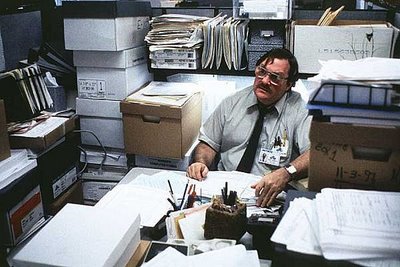Wez
DA
Facts are making you desperate.
You don't deal in facts diz.
Facts are making you desperate.
Snopes and FEE do. Seperate those facts so you can save face.You don't deal in facts diz.
Snopes and FEE do. Seperate those facts so you can save face.
Snopes does, as you learned from your deceptive cut and pasting activities here.
Dizzy does not learn.Snopes does, as you learned from your deceptive cut and pasting activities here.
Dizzy does not learn.
He's not smart or slick enough to "deceive" anyone, he gets it thrown back in his face every time he tries it in here.Learn? He intentionally deceives...
He's not smart or slick enough to "deceive" anyone, he gets it thrown back in his face every time he tries it in here.

That's more how I picture nono, except balding, worse teeth and dark holes for eyes like Sarah Huckabee . . . and neurotic as all get out. Dizzy is heavy set, on the short side, thick glasses, small hands and ill fitting clothes.True, he just smiles and keeps on lying...


He's not smart or slick enough to "deceive" anyone, he gets it thrown back in his face every time he tries it in here.
That's more how I picture nono, except balding, worse teeth and dark holes for eyes like Sarah Huckabee . . . and neurotic as all get out. Dizzy is heavy set, on the short side, thick glasses, small hands and ill fitting clothes.

http://hawaiianlibertarian.blogspot.com/2014/01/cubicle-farming-desk-jockeys.html
I did learn that had you, bootsie, i'ole or your sensei, E-reader, read the snopes article you would find no mention of FEE whatsoever.Snopes does, as you learned from your deceptive cut and pasting activities here.
I've been un-learning the ways of you sheeple.Dizzy does not learn.
I did learn that had you, bootsie, i'ole or your sensei, E-reader, read the snopes article you would find no mention of FEE whatsoever.
Not according to snopes or FEE. Or Nye for that matter.Learn? He intentionally deceives...
Take some time to reset. Come back when you're ready to have a grown up discussion.He's not smart or slick enough to "deceive" anyone, he gets it thrown back in his face every time he tries it in here.
Tag team desperation?True, he just smiles and keeps on lying...

ahhhhhhhh ha ha ha. You guys crack me up. I feel like I'm back in the 5th grade again.That's more how I picture nono, except balding, worse teeth and dark holes for eyes like Sarah Huckabee . . . and neurotic as all get out. Dizzy is heavy set, on the short side, thick glasses, small hands and ill fitting clothes.

http://hawaiianlibertarian.blogspot.com/2014/01/cubicle-farming-desk-jockeys.html
If you can get past your Pavlovian seizure, please show me.That's true, however it mentions as examples other publications that made the same error as the FEE article. Is that too difficult a concept for you to grasp?
If you can get past your Pavlovian seizure, please show me.
Don't Tap out in front of your students.Done already.
